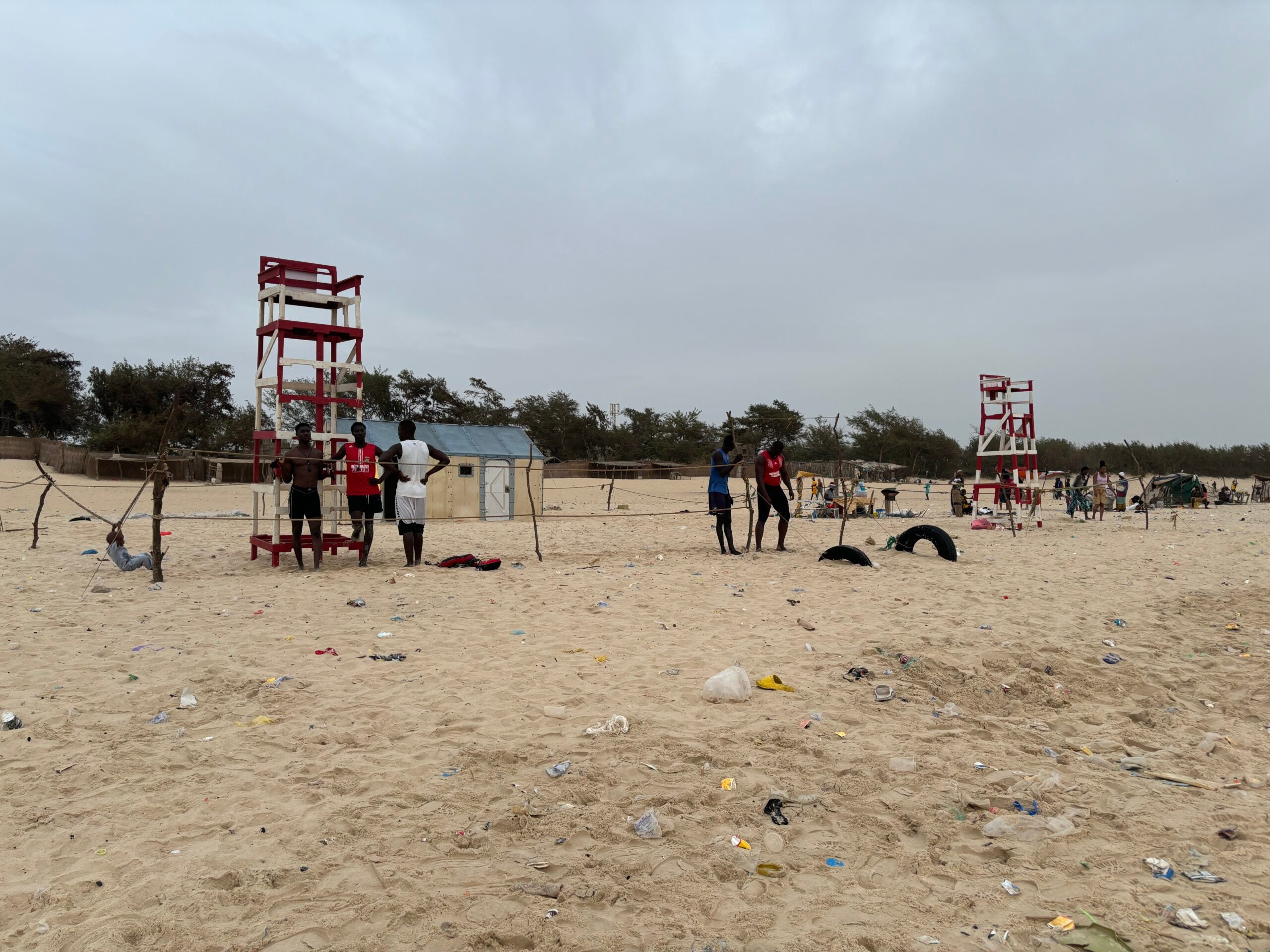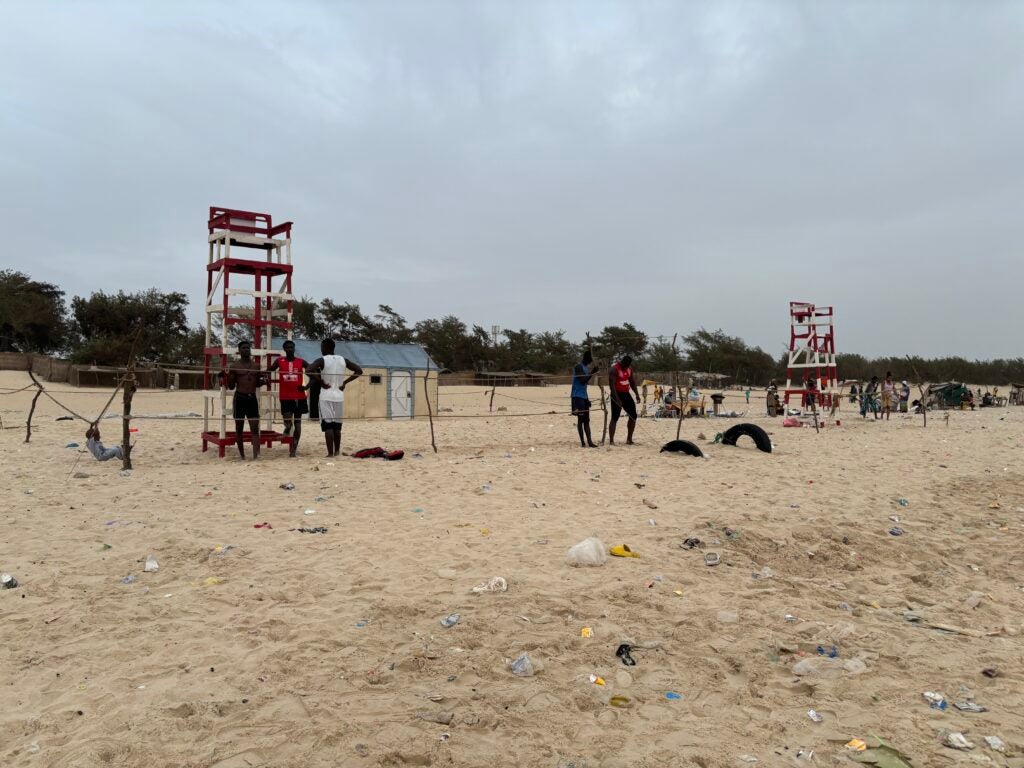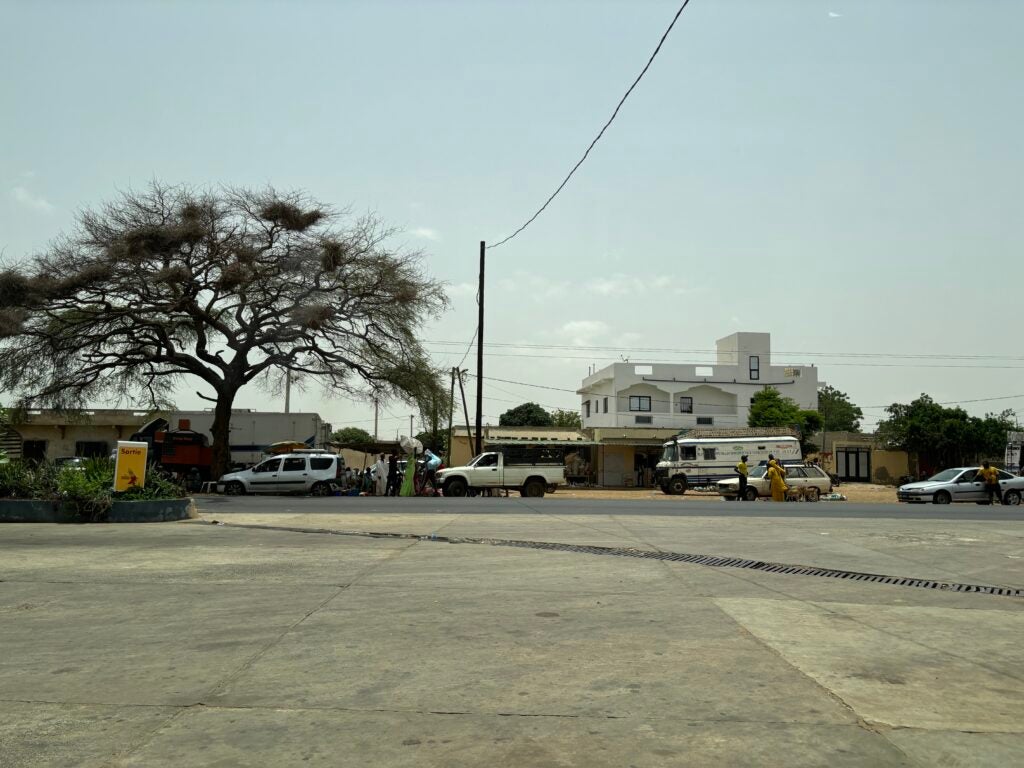What inspired my interest in environmental health and what we should know about pollution
November 18, 2025
Home / Mahalingaiah Lab / News / What inspired my interest in environmental health and what we should know about pollution

My interest in environmental health was first sparked during my family’s annual trips home to Senegal. The country is naturally beautiful; its stunning coastlines and rich biodiversity have always inspired me.

However, over the past few years, I noticed that the amount of plastic pollution on beaches, as well as air pollution in cities, has become visibly worse.

With how inherently intertwined the country’s rich natural resources and its culture are, this observation concerned me. For example, the island of Saint Louis in particular is home to many communities that rely on fishing for their livelihood. Many traditional Senegalese dishes incorporate seafood, and so not only does fishing serve as a means of employment and food, but fish plays a big role in Senegalese culture. And worse, beach and water pollution isn’t the only type of pollution Senegal faces.

The pollution is in the air, too. The capital city of Dakar alone is inhabited by 4 million people. Of individuals who own motor vehicles, many are older models that emit more harmful exhaust.

Our role and what the science says
It is important to acknowledge that as humans, pollution can cause long-lasting effects on our health and quality of life.
In many ways, this concept has already made it into pop culture and popular conversation. “Save the turtles,” and “there is no Planet B” are examples of slogans that have often been used in environmental activism movements to raise awareness around the impacts of our actions on the earth. However, while in many ways impactful, something that these buzzy slogans fail to address is the impact of pollution on our health as humans. When the consequences feel separate from ourselves, sometimes we can feel less inclined to monitor how we contribute to environmental crises on an individual basis.
Turning to science can help us figure out what the possible impacts of everyday pollution can be on our health. Scientific findings can help inspire us to take action and prevent worse outcomes. Several studies illuminate the possible effects of different kinds of pollution on women’s and reproductive health in particular.
For example:
- In 2016, our lab lead Dr. Shruthi Mahalingaiah and her colleagues found that exposure to air pollution was linked with higher rates of infertility.
- In a 2018 study with many of the same scientists as above, researchers discovered that exposure to air pollution was linked with greater chances of having irregular menstrual cycles and having menstrual periods start at an older age.
- In a 2020 study by Phillip Landrigan et.al, researchers explained that exposure to ocean pollution (for moms that eat contaminated seafood) is linked to worse health down the road for their babies that are developing in the womb.
In conclusion
In a country like Senegal, where climate policies are limited and the consequences often overlooked by the West, I believe that it is crucial to raise public awareness about the health impacts of pollution. My interest in this field stems from the desire to alert my community of these harms, and hopefully minimize them through increasing public recognition and discussion of scientific research findings that can be translated into action.
Additional resource
Check out a slideshow created by the Mahalingaiah Lab that elaborates on the women’s health implications of air, water, and plastic pollution here.
Last Updated
Search
RECENT PRESS RELEASES
Related Post

